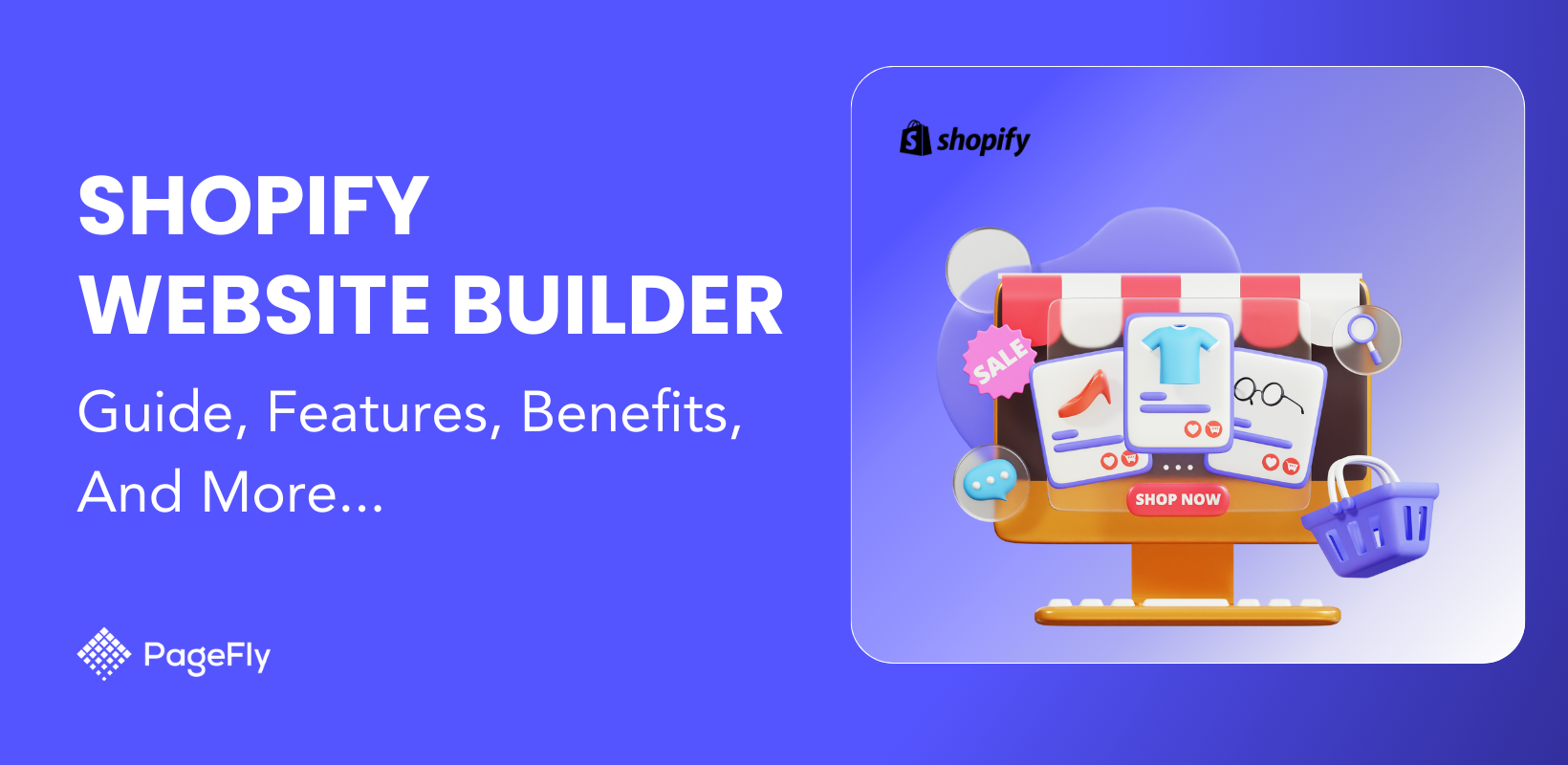A great ecommerce platform for expanding your online business is Shopify. Organizations of all sizes can obtain the infrastructure and support they require with a variety of pricing options and a wide range of proprietary tools. One great feature of Shopify Plus is that it allows you to have more stores.
Shopify Plus expansion stores give brands the ability to better target specific markets with their content curation, build stores that cater to particular geographies, and improve their SEO. Understanding the difference between Shopify Markets vs expansion stores can help you decide the best approach for your business expansion.
Are you considering upgrading to Shopify Plus expansion stores? This is important to know!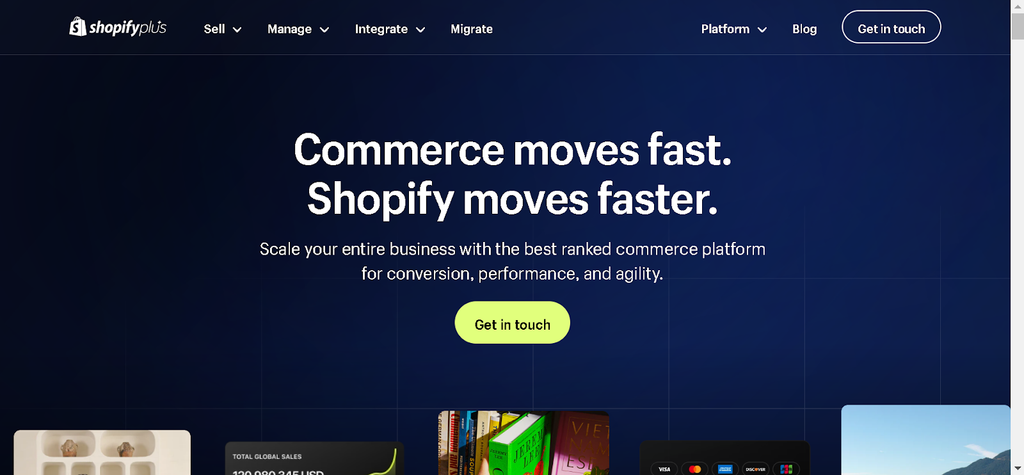
Source: Shopify Plus
What is an Expansion Store on Shopify?
An additional store that you can open with your Shopify Plus account is called an expansion store. The expansion store Shopify setup will function independently of your primary one and may have its own products, branding, and domain name.
You can import as much data from existing stores as you want, whether you create one more store or several. This can entail transferring the same themes, files, access and permissions for staff, billing, and inventory. The ability to manage multiple expansion stores Shopify Plus makes this process streamlined and efficient.
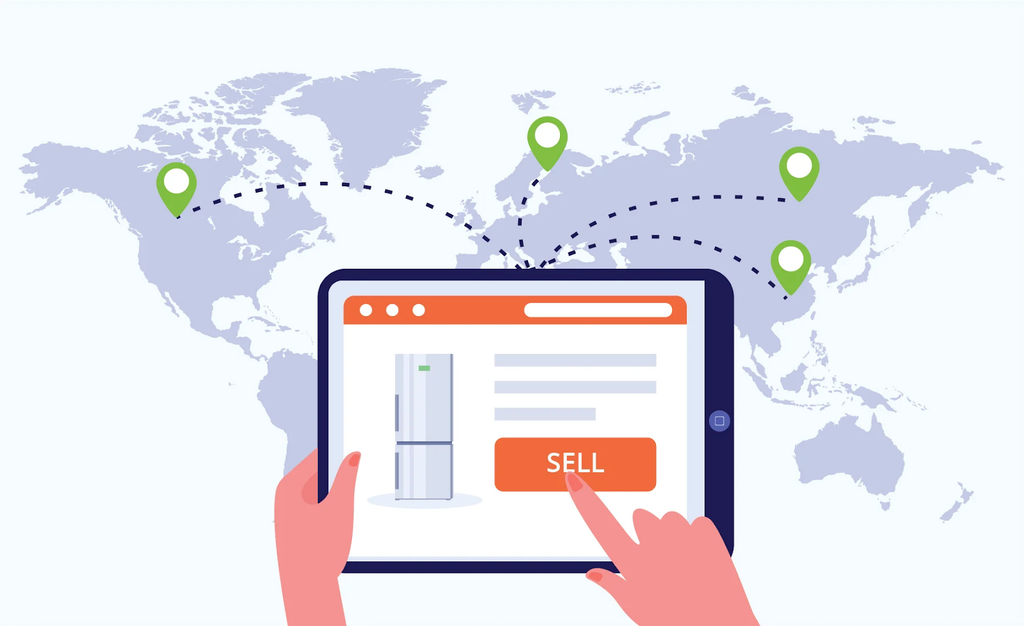
Source: Clearomni
Creating up to nine distinct regional stores in a single storefront is one of the key benefits of the Shopify Plus plan. What's even better is that Shopify Plus makes this possible for free, enabling a smooth Shopify shop expansion for your business.
All the necessary components for managing international eCommerce are included in Shopify Plus shop expansion, including localized content experiences that help brands increase CVR, boost SEO rankings, and make use of paid media. Other requirements include local shipping options and currency.
It's among the greatest strategies to grow your company into new markets while offering a customized experience. By understanding Shopify Markets vs expansion stores, you can make informed decisions on the best approach to take for your business.
Why Use Shopify Expansion Stores?
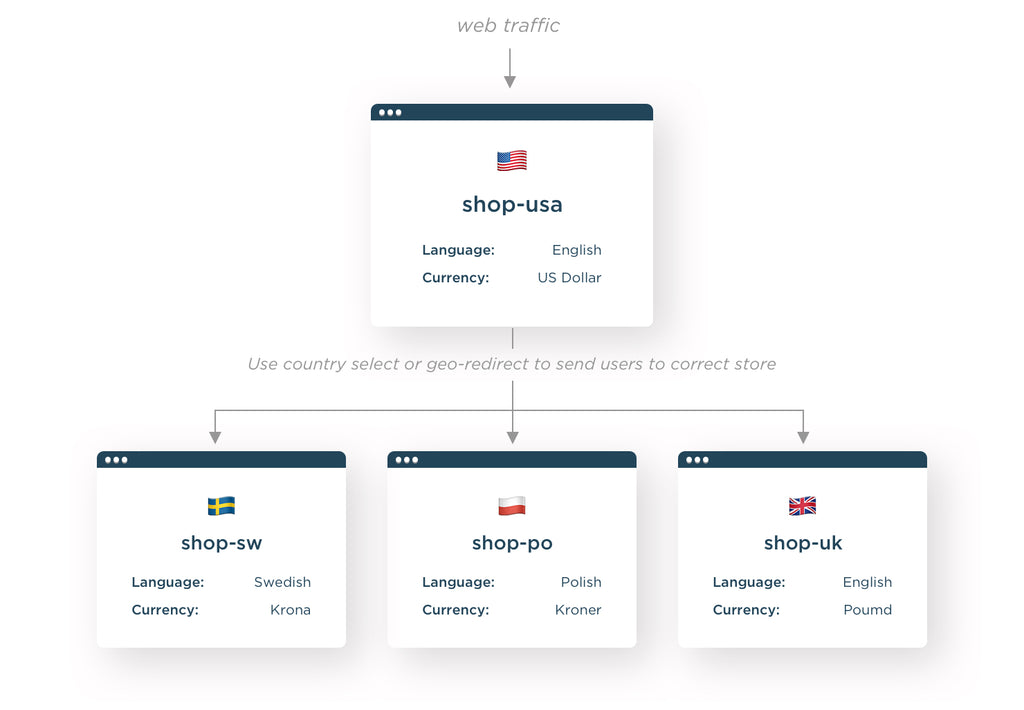
Source: ehousestudio
Benefits of Shopify Expansion Stores
- Increased market share: Businesses can increase sales and revenue by expanding their storefronts to more locations and gaining a larger share of the market.
- Brand recognition: A brand becomes more noticeable the more locations it has. Customers' trust in the brand may rise as a result. With the help of expansion store Shopify setups, brands can ensure consistency and quality across all storefronts.
- Diversified risk: Businesses can lower the risk of possible local adversities, such as economic ones, that could affect a single location by distributing their operations across multiple locations.
- Economies of scale: Expansion may result in economies of scale in marketing, purchasing, and other operational domains, which could cut costs per unit.
- Local market adaptation: Companies can customize their products to meet regional needs, tastes, and demands, which improves market fit and may increase revenue.
Cons:
- High initial costs: Substantial capital investment is necessary for expansion.
- Operational complexity: The complexity of operations increases when managing multiple stores. This could call for hiring more people, providing more training, and implementing a more advanced management system.
- Inconsistent brand experience: There's a chance that different stores will provide customers with inconsistent brand experiences due to differing service or product quality levels.
- Market saturation: Saturating the market can result from rapid expansion or improper research. This may lead to cannibalization, in which newly opened stores steal customers from already open ones rather than bringing in new ones.
Although store expansion can lead to growth and higher profits, they are not without difficulties. For this international selling strategy to be successful, careful planning, careful execution, and in-depth market research are necessary.
Read more: Shopify Plus Stores: Success Stories To Inspire You
How to Create a Shopify Expansion Store: A Step-by-Step Guide
It's time to start creating your expansion Shopify setup at Shopify Plus once you have a solid idea for one.
Step-by-Step Instructions
Use the following steps to establish a new store from the organization admin:
- From the Shopify admin, click Stores
- From the dropdown menu, choose Create store
- In the Store type section, choose the purpose of the new store
- In Store details, enter a name and a URL. You won’t be able to change the URL once the site is live!
- At this point, you can also choose any apps you wish to preinstall. We recommend connecting all the apps you use on your primary store.
- Next, it’s time to import themes. Navigate to Themes
- Select Import themes and check the themes you wish to import.
- From the Choose a theme to publish in your new store list, choose the theme you want to use
- Next, import files from your store. If you’re only selling some products on the new storefront, you’ll only need to import the files associated with that product line. If you don't want to import any files, then uncheck Import all files from this store
- Select Done
- To import staff, head on over to the Users section
- Click Import users
- Select the staff you want to import into your new store
- Click Done
- Click Create Store
You may encounter certain difficulties now that you have established your new store, or stores.
Apps to Streamline Expansion Store Management
Let's examine those issues and potential solutions:
Geolocation - Orbe
You should take into account the Geolocation app for this. They provide a number of tools that will cover all your international logistics needs and take care of import procedures and regulations, making end-to-end operations much simpler. If you don't have local teams and sell in multiple markets, this is useful.

Source: Orbe
Geolocation
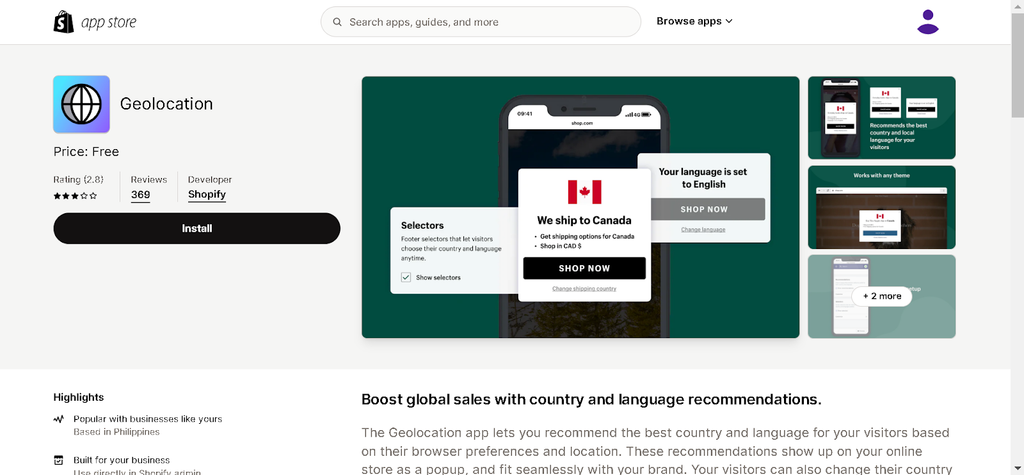
It's very simple to lose track of the time and money needed to establish your new store.
Let's say you have tailored your experience for a particular market, but new users aren't being sent to that store. You will lose a sale if the prospective customer has a bad experience and decides to leave the store.
Using a Geolocation Shopify app, you can link all of your expansion stores. Depending on your users' IP address, it will automatically synchronize with your Shopify Markets configuration and recommend the appropriate experience. It also has SEO features that will improve the effectiveness of your online positioning while adhering to data protection laws.
Quick read: Shopify Coming Soon Apps
Coordination
Owning multiple expansion stores on Shopify Plus requires a lot of coordination for things like post-purchased operations, inventory synchronization, and customer support.
You can now start adding any details you want to your brand-new expansion store Shopify setup by logging in. It really is that easy, and it's just one of Shopify Plus's many wonderful advantages. Check out our guide on why you should upgrade from the basic packages to Plus if you're considering making the move.
Quick read: Shopify Password Page
Shopify Markets vs Expansion Stores: Which is Right for You?
1. Shopify payouts in several currencies are required
It is currently not possible in Shopify Markets to accept payments in USD for your US store and GBP for your UK store; instead, you will need to use expansion stores.
Shopify has plans to remove this restriction in the future.
2. Full localization of the Shopify store
You should think about opening multiple Shopify stores if you want full localization of your store, such as the capacity to develop highly market-specific content or campaigns.
3. Complex rules for pricing, shipping, tax, warehousing, etc.
We would strongly advise taking into account expansion stores if a business has intricate regulations pertaining to these areas. Having a catalog of goods with various tax obligations is one way to illustrate this.
4. Discounting and promotions
Discounts and promotions will be applied to all regions simultaneously when using Shopify Markets. You will need to use store expansion if you need more flexibility than this and want to design promotional campaigns that are specific to a given region.
5. Reliance on third-party apps
Shopify Markets is a Shopify solution. Consequently, not every third-party app is compatible with Markets. Verify the compatibility of third-party apps with Shopify Markets if your store heavily depends on them for essential features. It is likely that you will have to use expansion stores if they are incompatible or if their compatibility is restricted.
6. Email translation requirements
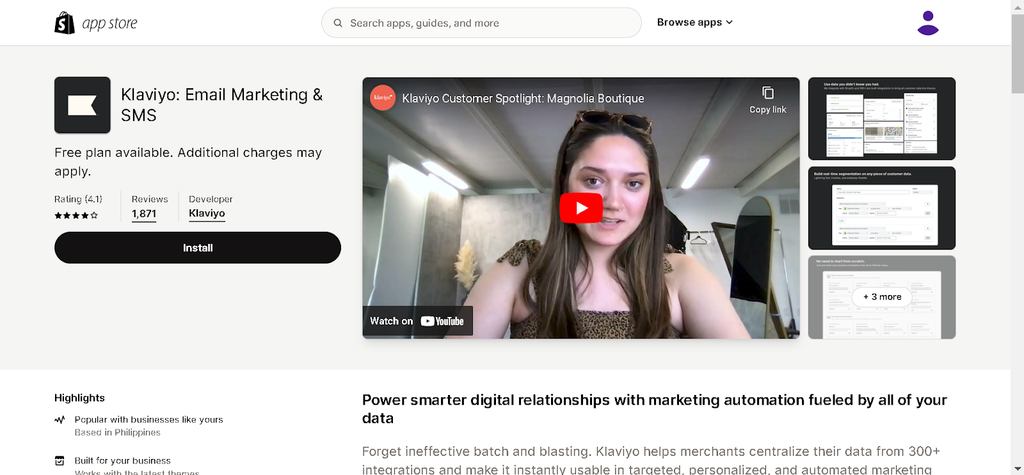
Source: Klaviyo
Compared to a website's front end, translating an email is much more difficult so an email must be sent through Klaviyo. Emails cannot be translated if they cannot be sent through Klaviyo.
The next best thing is to have multiple languages in the body of your email. The primary drawback in this case relates to third-party tools that email clients, such as those used for post-purchase review requests. You will need to use expansion stores if you don't want to send emails with multiple languages like this.
7. Regions are managed independently
Using expansion stores makes sense if the various market regions are overseen by separate teams. This preserves the independence of distinct teams.
8. In certain areas, Shopify Payment is not available.
Shopify Payments is necessary for a large portion of Shopify Markets' functionality. Payments, however, aren't available everywhere. As a result, the multi-store approach is your best bet if your company is located in an area where Shopify Payments are not available. This is because a large portion of Shopify Markets will not work.
When to Choose Shopify Expansion Stores
Shopify Plus Multiple Stores
For enterprise-level merchants, Shopify Plus multiple stores offer enhanced capabilities for managing complex business operations. This solution becomes essential when your business requires complete control over different market segments while maintaining operational efficiency. The platform enables seamless management of nine expansion stores, each operating as an independent entity while sharing the robust features of Shopify Plus.
Expansion Stores: A Detailed Overview
Expansion stores through Shopify Plus provide comprehensive control over your multi-market presence. Each store functions as a standalone entity with its own:
- Administrative dashboard
- Customer database
- Inventory management
- Payment processing systems
- Marketing tools
This separation ensures complete customization for different markets while maintaining unified brand standards across all stores.
Benefits of Shopify Plus Expansion Stores
The advantages of choosing Shopify Plus expansion stores include:
- Advanced automation capabilities through Shopify Flow
- Higher API call limits for seamless third-party integrations
- Dedicated support from Shopify Plus experts
- Enhanced customization options for each store
- Ability to manage multiple currencies and languages efficiently
PageFly complements these benefits by offering unlimited page publishing in our Enterprise plan, ensuring consistent design quality across all your expansion stores while maintaining market-specific customizations.
Requirements for Shopify Plus Expansion Stores
To successfully operate expansion stores, you'll need:
Technical Requirements:
- Active Shopify Plus subscription
- Separate domains for each store
- Individual SSL certificates
- Proper API integration setup
Operational Requirements:
- Dedicated team members for each store
- Clear organizational structure
- Established workflow processes
- Resource allocation strategy
Conclusion
When your ecommerce grows and scales, you can greatly benefit from building a Shopify Plus development and expansion store. While providing your customers with an excellent shopping experience, using these two store types can significantly lower the risk involved with testing features on your live site. Understanding the benefits of Shopify shop expansion and the differences between Shopify Markets vs expansion stores can guide your growth strategy.
The solution to growing on a new e-commerce site without going bankrupt is a Shopify Plus expansion store. All things considered, a Shopify Plus expansion store gives your company access to thousands more consumers without requiring a sizable initial outlay of funds.
Above all, see how a Shopify Plus development store can elevate your online store to new heights. You'll be pleased to discover how much easier the transition can be with the help of a Shopify Plus development company.
Explore more, check out: Expanding Globally with Multiple Shopify Stores: Essential Insights and Strategies
Shopify Expansion Stores FAQ
Shopify expansion stores are separate stores created to cater to different regions, languages, or product variations. Each expansion store operates as an independent store with its own settings, inventory, and domain. Shopify Markets, on the other hand, is a built-in feature that allows merchants to manage multiple international markets within a single Shopify store, offering localized pricing, currencies, and languages without needing separate stores.
An expansion store on Shopify is an additional store created by a merchant to target specific customer segments, such as different countries, languages, or product lines. Expansion stores allow for tailored branding, content, and pricing strategies but require separate management compared to using Shopify Markets.
No, Shopify does not allow multiple stores under a single Shopify account. Each Shopify store requires its own subscription and login. However, merchants can create multiple Shopify stores under the same email address but must manage them separately.
Shopify hosts many successful stores, but some of the most well-known ones include Gymshark, Kylie Cosmetics, and Allbirds. These brands have leveraged Shopify's powerful eCommerce tools to achieve massive success in their respective industries.




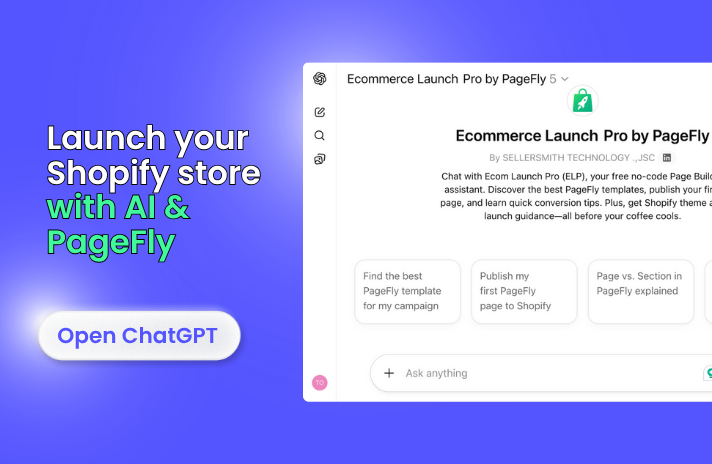
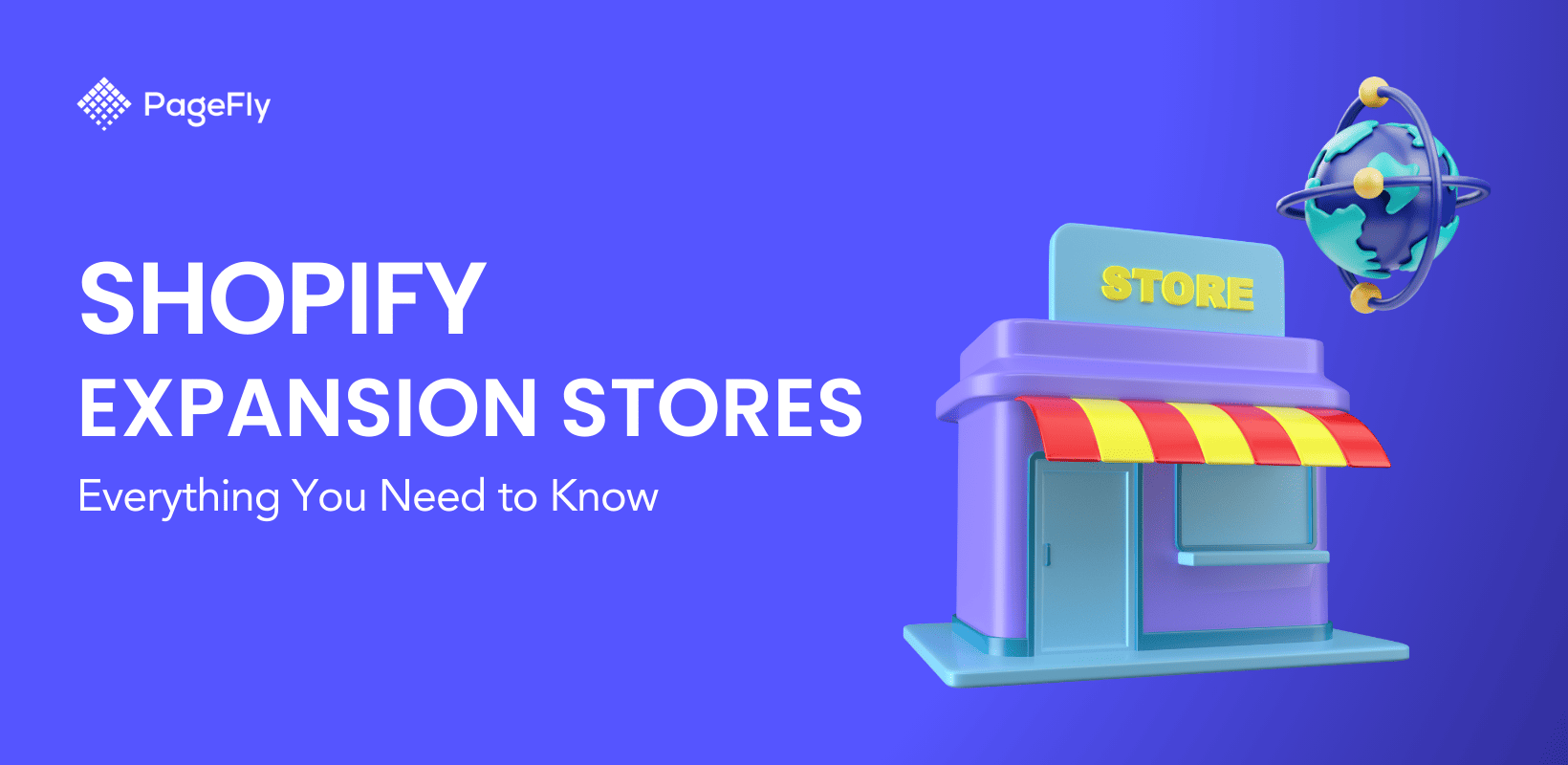


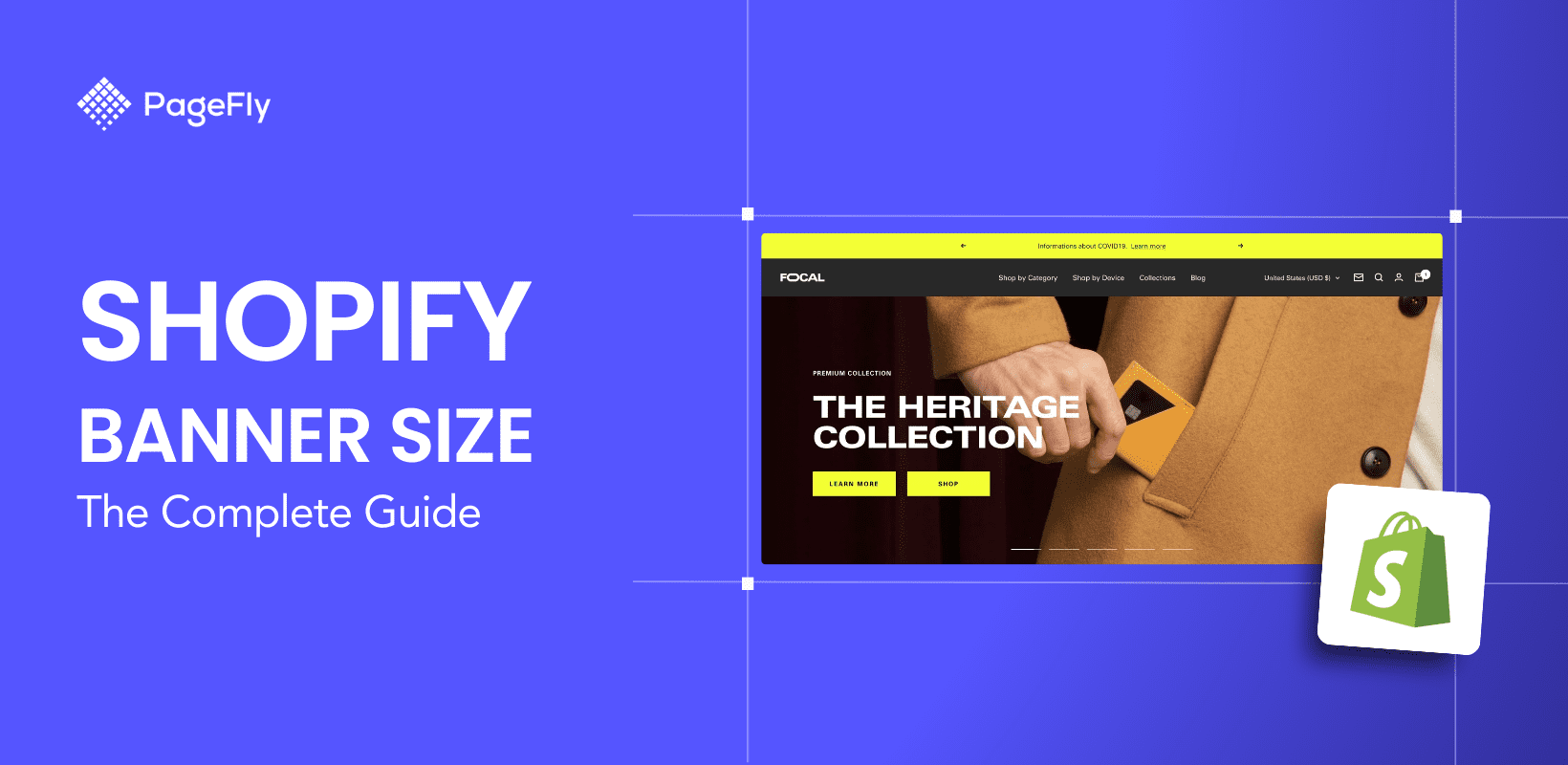
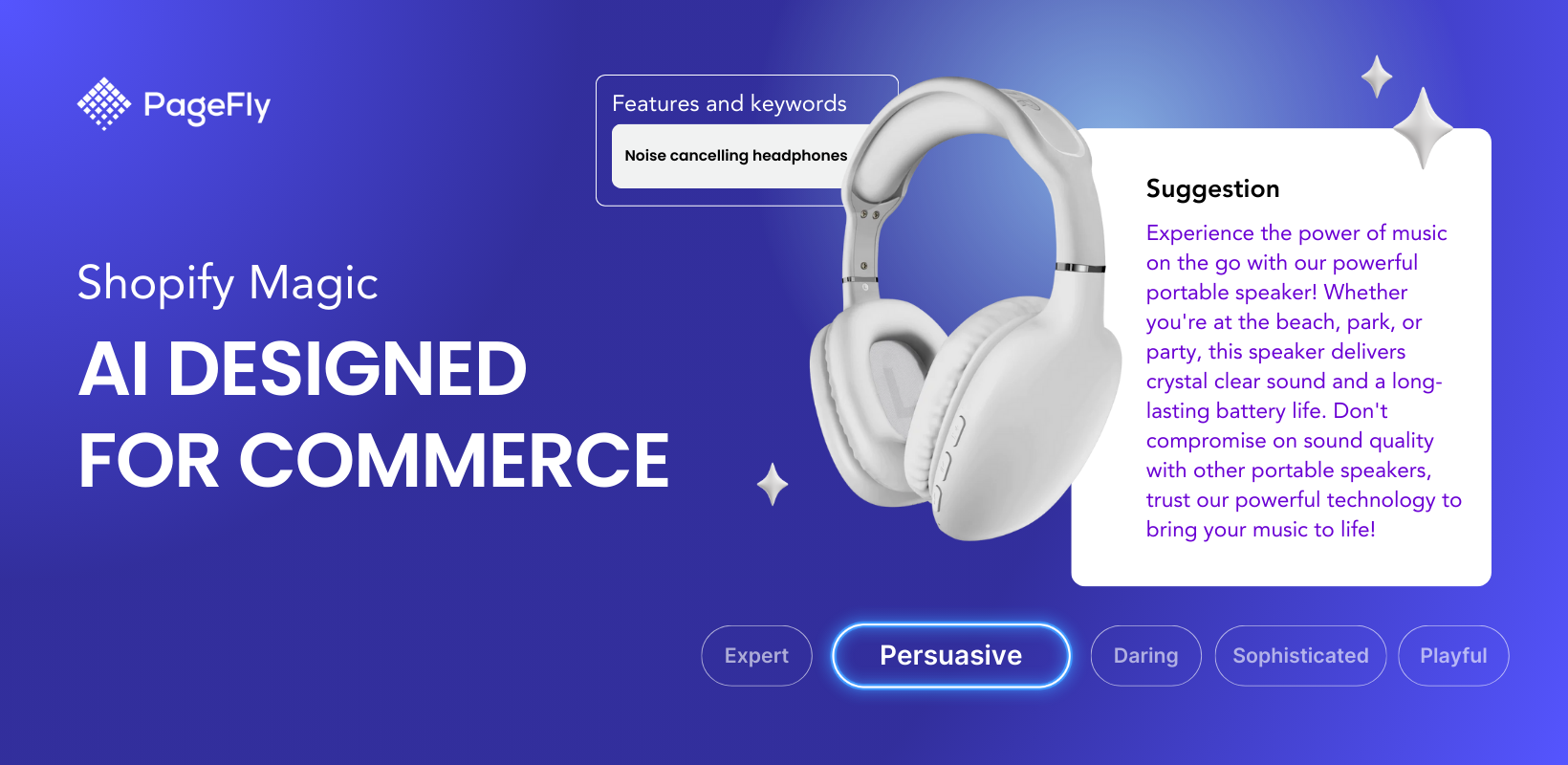

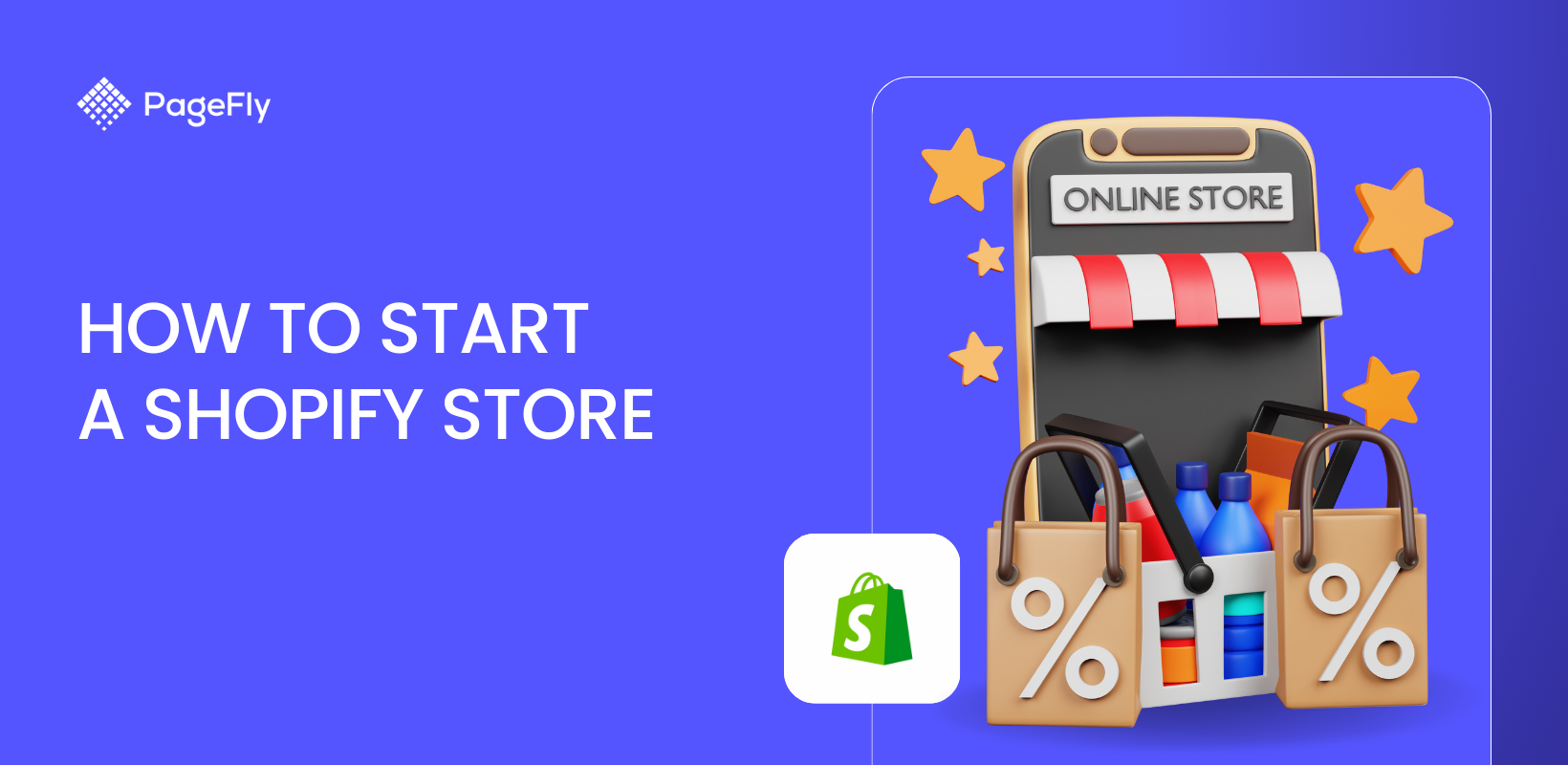
![27 Best Shopify General Stores + Complete Strategy Guide [2025]](http://pagefly.io/cdn/shop/articles/Best_Shopify_General_Stores_2f9d09f2-7c38-4da9-a495-e9f4898ddd68.jpg?v=1757271936&width=1640)

